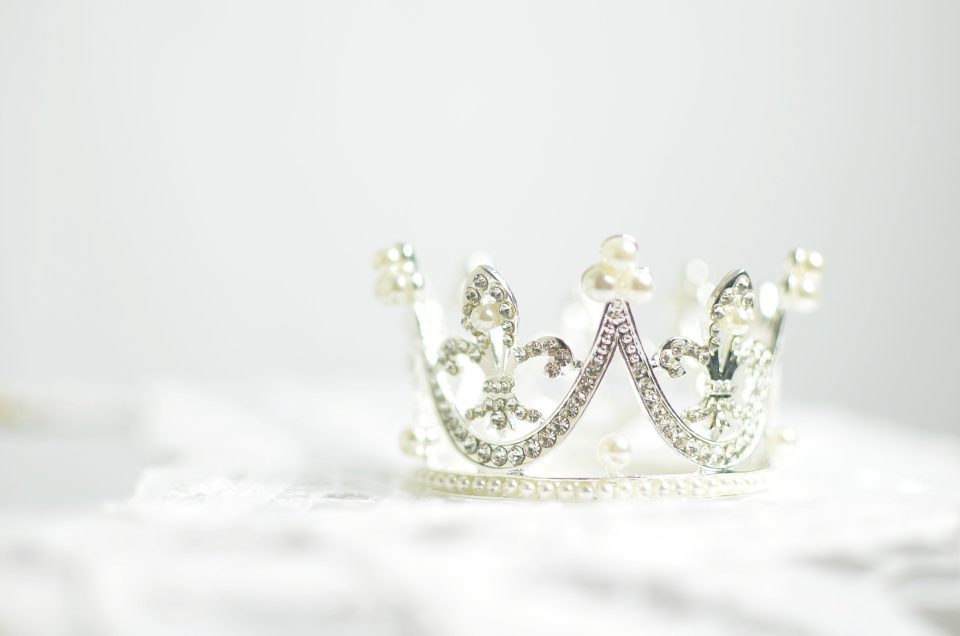STORIES CREATE A NEURAL PATHWAY IN OUR BRAINS
That’s how stories work. They are, and always have been, the most amazing and powerful way that humans learn. And as it turns out, stories can become the stealthy but mighty force driving the decisions we make, the roles we embody, the relationships we enter (or leave) and, even the sense of joy, fulfillment and satisfaction we have in life.
Inside our beautiful, powerhouse brains when we learn, new neural pathways are created. These connections are the amazing mental superhighway that helps us navigate and survive the world around us.
We are wired to learn from stories in two primary ways.
- The first is emotion: When we have an emotional experience, like a powerful movie or book that moves us to tears or scares us, these dynamic neural pathways are intensified and become even stronger. They become like the interstates on our brain maps. As a bonus, emotion also has the ability to amplify our attention and focus which increases the time we’re tuned into those stories which then gives our neural connections an even greater opportunity to be made in the first place.
- The second is repetition: The more we hear a story, the more ingrained those neural pathways become. If you hear a story over and over and over again (anyone else have a family member who repeats their “classic” anecdotes every single time you see them?), it’s like your brain is taking the well-worn path. It’s so much easier that you don’t even have to listen or consider those details anymore because your brain has received that information already – it accepts it as truth and our brains love easy because their default objective is efficiency.
UNSEEN IMPACT OF STORIES
Way more than simple, frivolous entertainment, stories impart perspectives that as an observer, we need to assume in order to get fully immersed in the story’s adventure. Plot lines ask us to believe that the hero and underdog are good, and the antagonist is bad. We make alliances within the story arc that call to arms our empathy and sympathy. Even in fiction stories or distant, third-hand recounts, the emotions that we experience are real.
Think about the emotional charge you feel after reading “Chicken Soup for the Soul,” or controversial political commentary.
When stories resonate like this, the emotions and assumptions embedded within the plot can inform our perspectives, our opinions and our actions. Stories have the power to educate, encourage, illuminate, inspire, spur, spark, demonize, demoralize, jar, thrill and caution us.
This is the fulcrum of storytelling power: We experience stories, and then bring them forward in our minds and apply them to the rest of our lives. We navigate our lives based on the neural maps that those stories created. Even when we don’t realize it, these mental maps drive our “autopilot” behaviors. They shape the way we perceive reality and can be like a default lens through which we see the world.
We experience stories, and then bring them forward in our minds and apply them to the rest of our lives
THINK ABOUT WHAT YOU THINK ABOUT:
FAIRY TALE METAPHORS
There may be stories playing out in your life right now – in your career, your relationships and how happy you feel.
For most of us, myself included, fairy tale stories and our imaginations are inextricably linked. They played a major role in childhood – from movies to books, bedtime stories to games with friends, even Mr. Roger’s Neighborhood.
Fairy tales pack a pretty hefty punch of metaphors. Here are some typical, legacy fairy tale metaphors and some suggestions for alternative story lines. So this is your challenge: Ask yourself these questions and see – What fairy tale story metaphors might be at play in your life today?
Success
How do you define success? How do you know you’ve achieved it?
The Fairy Tale Metaphor for Success: Fairy tale stories teach us that winning is in one great, big, sweeping triumph. Foes are vanquished forever and victories are easily recognized and celebrated by everyone.
How is this different from real life? From your life?
Consider this rewrite: Your definitions of success will likely (erm, almost certainly) shift. You’re allowed to change your mind. It’s ok and survivable to be wrong. The villain may be sympathizable. It may take a really, really long time to do just one thing. It’s normal and expected that you will have to try and fail, and try again, fail again and then try some more.
The fairy tale story of success is a myopic, unwavering script – that’s why it’s a comforting touchstone, isn’t it? You can rely on what the outcome will be but it’s a false comfort because, as you know, in real life, wins and fails continue to cycle through. And that’s ok!
Happily Ever After
The Fairy Tale Metaphor for Happily Ever After: Once you find love, the happy in happily ever after is forever – an immutable truth. And, happy is almost entirely related to having that one, super amazing person or thing.
What is happiness? Are you depending on or looking for someone or something to give you that feeling?
Consider this rewrite: All emotions are part of the journey and there will always be positive and negative experiences in roughly equal measure. What you choose to do with negative experiences determines your capacity to grow, thrive, embody and realize meaningful satisfaction. You cannot have the positive without the negative. In real-life adventures were like my four year-old daughter watching a movie – we lurch and recoil at suspense, we insist that we don’t like the story – but it’s the arc that reveals the depth and breadth of the adventure, and it’s the peril and risk that allow hope and give us the ability for victory.
Self-Worth
The Fairy Tale Metaphor for Self-Worth: Are you the prettiest princess? Do you have the fastest horse? The biggest muscles? The -est, anything? In fairy tales, those are prerequisites for significance. But, what if you aren’t? Can’t? Don’t? Don’t want to?
In what ways do you matter? What are your criteria for personal significance? For yourself and others?
Consider this rewrite: You are unconditionally worthy and lovable. There is nothing that you can do to add to or subtract from the fact that you are wholly, and without condition, worthy and able to be loved.
Good vs. Bad
What standard are you holding your loved ones to? Is there a script you expect them to know and follow?
The Fairy Tale Metaphor for Roles: Good fights and wins. Heroes rescue and are kind. (and sing.). And always, always have shiny hair, white teeth, clean cars and magnificent homes. If someone is good, they will always do the good and right thing. If someone is bad, they will always be out to get you.
When you feel let down, is it because they didn’t play the part the way you were expecting them to?
Consider this rewrite: Do you want to or expect to be rescued? Do you expect bubble baths and exotic adventures? Do you have an enemy who you expect is always looking to hurt you any way they can? What exactly do you expect?
First, practice awareness of what you expect the other person to do. Secondly, consider why you want it. Ask yourself if there might be a script you have for that other person – and if they’re even aware of what you are expecting (because if every interaction with you is like a pop quiz for whether or not they meet your standard, you should really let them know what that standard is).
For more on interpersonal PR strategies and how the nuances of communication and psychology can help you get ahead in living the life you long to live, check out more of Tarah Keech’s approach and her community of professional women at therealcrew.com



